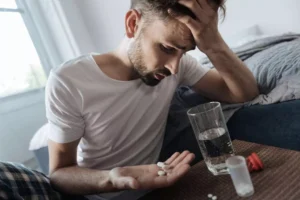
Some museums are even free, making them a highly affordable and accessible option. Joining a fitness studio allows you to take set classes and meet new people. Whether it’s for pilates, yoga, pole what are some ideas for substance abuse group activities? fitness, or even belly dancing, there are so many different studio classes to try out. Not only are these classes fun, but they also offer a great workout and can help you meet new people.
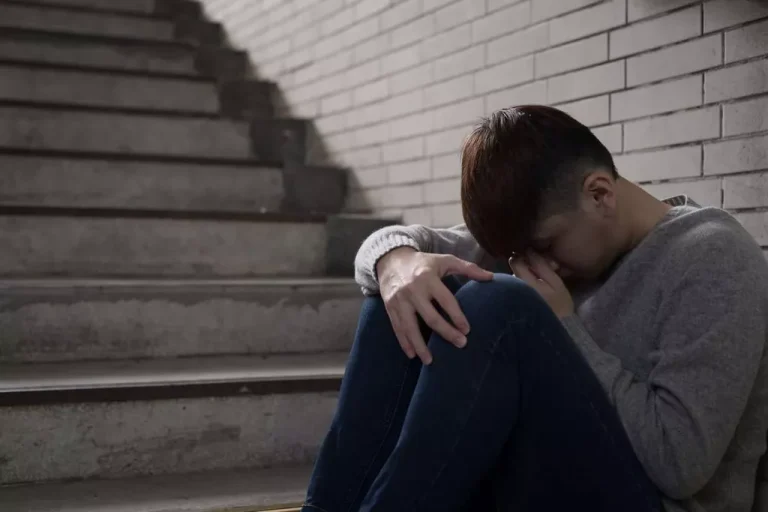
Process Group Games
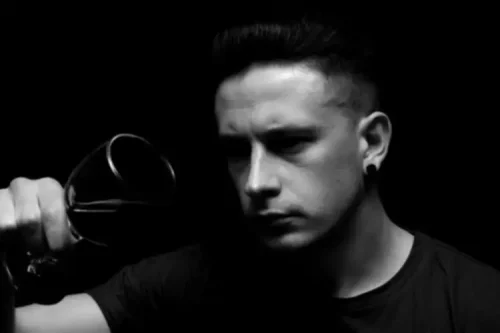
This game has no winners or losers, and you may play with more than one balloon at a time. As your group focuses on the balloons and keeping them aloft, your mind will calm down, and all those problems will fade into the background. Your muscles are stimulated, your lungs are filled with oxygen, and you inhale and exhale, all as you follow the instructor’s direction and the music.
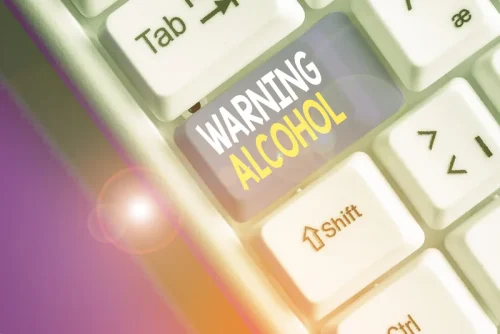
Journaling and Reflection Exercises
- One person gets a message that they have to pass on to the person to their left.
- Triggers are people, places, feelings, or other things that make you want to abuse drugs.
- This activity fosters a sense of openness and connection within the group from the start.
- When coping with stressors, group members focus on building confidence and reducing troublesome stress without judging themselves for their feelings.
In active addiction, drugs and alcohol give a false sense of relief and numb you of your emotions. In sobriety, you get to experience true fun, joy, and excitement, in a myriad of ways. Engaging as a group in the following activities can help people facing addiction focus on their mental health and well-being and grow connections with peers who share similar struggles. Outdoor Addiction Recovery Group Activities like hiking or team sports not only promote physical well-being but also encourage teamwork and camaraderie. Meanwhile, art therapy sessions or music workshops provide creative outlets for self-expression and emotional healing.
How to Perform Group Activities in Therapy
Journaling is about getting in touch with your experiences through writing, while expressive writing is about processing emotions. The writing exercise allows group members to remember and describe their most meaningful memories. When coping with stressors, group members focus on building confidence and reducing troublesome stress without judging themselves for their feelings. Whether you meet once a day or several https://ecosoberhouse.com/article/diabetes-and-alcohol-can-diabetics-get-drunk/ times a week, expressive writing as a group will surely boost everybody’s mood. Group members can later challenge their anxious thoughts by living in the moment, remembering to pay attention to the present, and learning how to stay present. Therefore, upon completing an addiction treatment program, involving yourself in group therapy activities for adults in recovery is crucial to maintaining long-term sobriety.
- Therefore, upon completing an addiction treatment program, involving yourself in group therapy activities for adults in recovery is crucial to maintaining long-term sobriety.
- PositivePsychology.com offers a wealth of therapy resources that can be used and applied in group settings.
- Have each person write adjectives on the outside of the mask that pertain to how they believe they’re perceived.
- In 1905 he was teaching education classes on hygiene for patients struggling with tuberculosis (Pratt, 1907).
- Also, please leave a comment below if you have other ideas, or would like to add to the discussion.
- If the parts of your being are healthier connected due to yoga, practicing mindfulness will only enhance its effects and accelerate this connection.
Share this content

Participating in group physical fitness and outdoor adventures can play a significant role in relapse prevention. Engaging in art, music, or writing within a supportive group setting encourages participants to explore their thoughts and emotions. Improved communication and emotional growth contribute to positive treatment outcomes, reducing the risk of relapse and fostering a stronger support system. Group interventions may include group therapy, peer support group meetings, group outings during treatment, and alumni programs as a part of aftercare. This is just a sampling of the kind of interactions counselors and therapists will deploy during group therapy sessions.
Sober Fun: 18 Ways To Have Fun in Sobriety
With a plethora of research supporting its effectiveness, Counselors can effectively use this form of treatment within an addiction treatment program to support their clients. Group therapy activities provide emotional connection, education, support, encouragement, and guidance that can improve mental, emotional, and physical wellbeing. In this article, we will list various group therapy activities to use in your practice. For many people dealing with addiction, group therapy can be one of the most daunting parts of rehabilitation.

